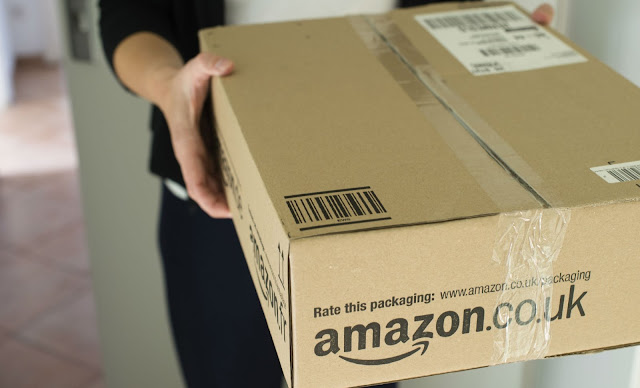Is music important for marketing?
Music is a kind of universal language, an element that can reach many people even beyond the barriers of language or cultural differences. Music picks up emotions and presents them and, for recipients of those messages, deciphering them is not complicated, come from where they arrive or whatever they are. Perhaps because of this, music is one of the cultural products that has a wider market and in which there is more exchange of products (after all, you just have to think about how much English music is heard, even when you do not speak this language).
And perhaps because of this, music is also such a powerful tool for brands and companies that they can use them to communicate and to convey in a much simpler and more direct way what they are trying to say and do to consumers.
The relationship between music, brands and consumption is not new.
The most popular musicians of previous centuries already had masses of fans and, in fact, the whole phenomenon of enthusiastic fans following their musical idol did not start with pop stars, but rather with Listz. The teenagers who fainted with emotion at a One Direction concert were echoes of what they did in one of Listz, as were their consumption patterns linked to it. But beyond the phenomenon fan, the music also had an impact like vehicle for the messages of the marks. The first ads on the product radio were, for example, musical jingles.
Brand jingle is, in fact, one of those recurring elements in the world of marketing and one that, even now, is still recognized by consumers. A study recently faced consumers with sounds: consumers recognized those who associated the brands that had used them in their advertising or brand image. The brand jingles, such as the Intel bells or the Mercadona song, are remembered because we have heard them several times and, above all, because we have connected with them. It is catchy and suggests the values that the brand wants to sell: that's why it succeeds.
How to use music in a broader way
But the effect of music is not limited only to jingle, but can be applied to all marketing and the entire presence of the brand. There are companies that make auditory branding and there are others that use music as a bridge to convey emotions, feelings or enhance behaviors.
The supermarkets music, for example, makes us buy more or less fast and the chains use it to regulate the traffic in the store. The music also does a segmentation work of the audiences: we enter or not in a store (there is nothing more to think about Bershka and the music that sounds in those stores of Inditex) according to what music generates us (we can think that it is Too old for that).
In this last point, music can be very valuable because it helps to connect better with certain audiences. Millennials, for example, are very receptive to brands that employ music well. For these consumers, for example, it is very important and especially value those brands that support summer music festivals and do well.
The musical moment, an opportunity for brands
For brands and companies now is in a kind of sweet moment as far as music is concerned. As a columnist at FastCompany points out, there are not many brands that are actually engaging music in these times, which means that using it well and breaking with what everyone is doing can become a way of drawing attention And to stand out from the competition.
Both are now much more open to collaborate and work together. For artists, changing the commercial model has made them think differently about what they can or should do in the music world. The way music generates revenue has changed what makes them more open to being themselves more innovative in their business. To all this can be added what have been pointed out in recent times other analysts. Contrary to what happened decades ago, musicians who collaborate with brands are no longer considered to be 'sold', but, if done right, consumers see a certain value relationship.
For brands, and returning to what the analyst at FastCompany aims, the value of experience is becoming more interesting and increasingly working on it, which makes them much more open to work with musicians and to be creative . They have begun to see it as something different, as a way to create those experiences that consumers demand and want.
If you would like to get started on AiHello click here for a free 14 days trial.


